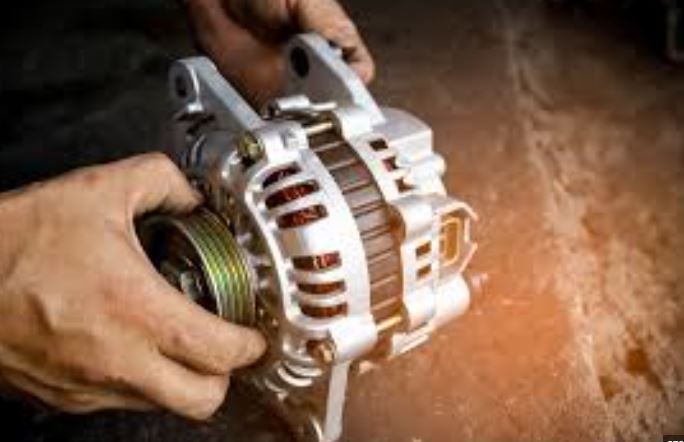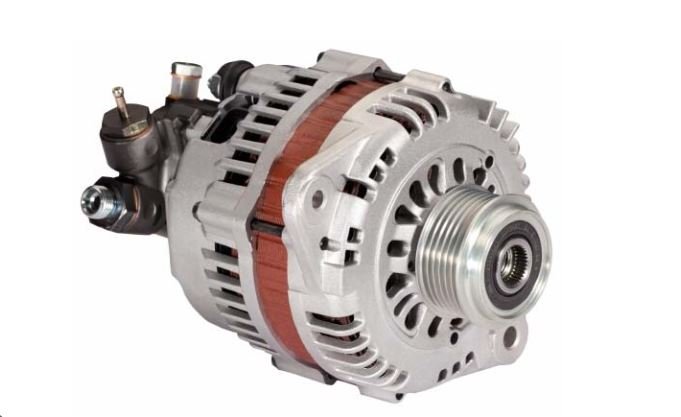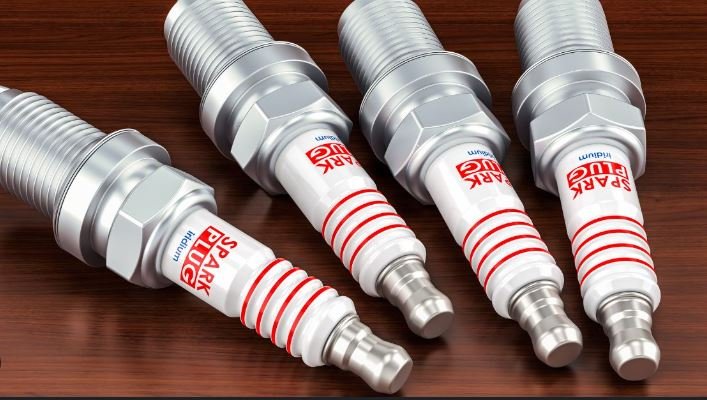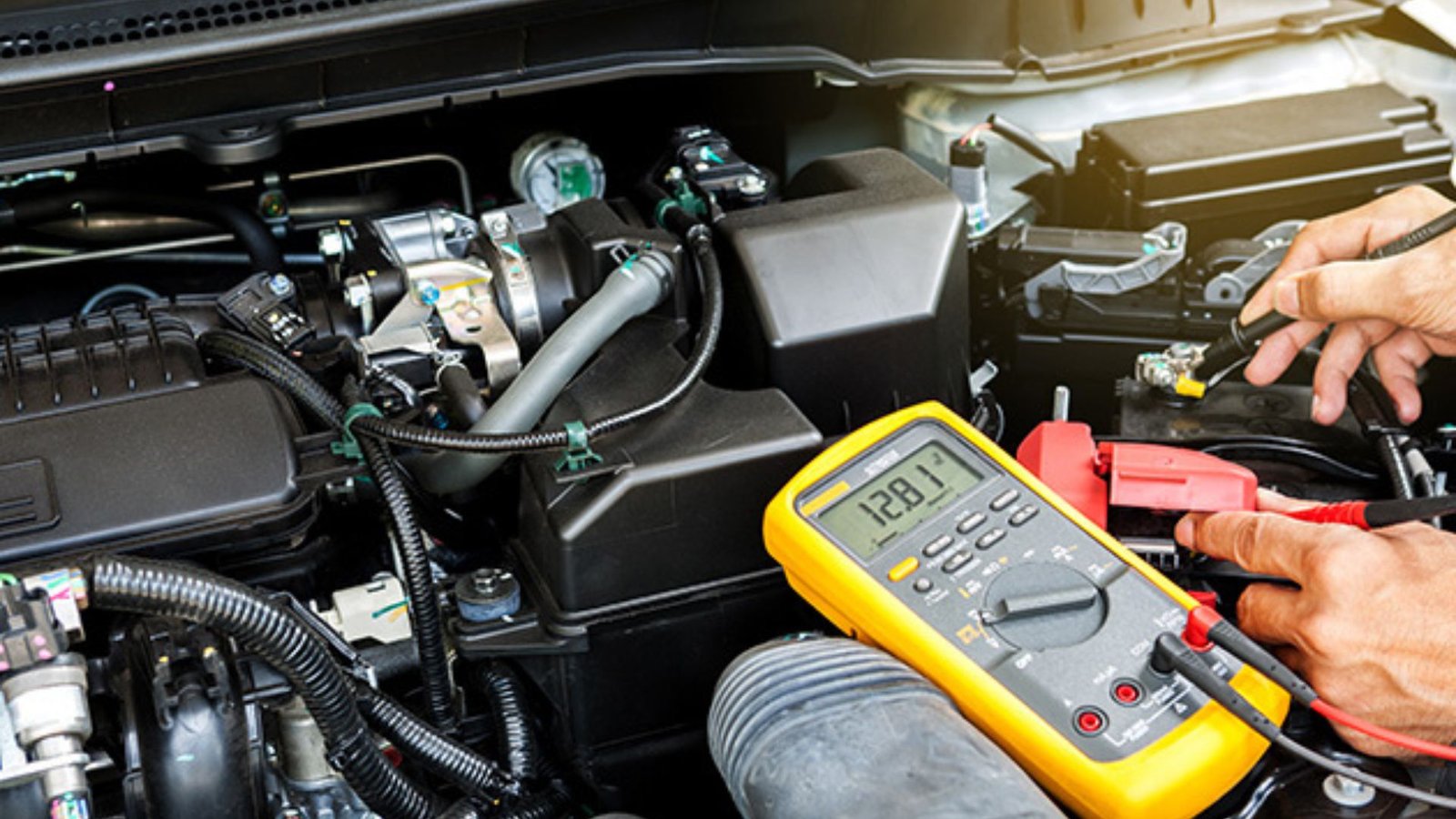The alternator is a crucial component in your vehicle’s electrical system. It converts mechanical energy into electrical energy, ensuring that your vehicle’s battery remains charged and that all electrical systems operate correctly. Understanding the functions of the alternator can help you appreciate its role in maintaining your vehicle’s overall performance. This guide explores the primary functions of an alternator, how it works, and its importance in your vehicle.

1. Generating Electrical Power
The primary function of the alternator is to generate electrical power. As the engine runs, the alternator converts mechanical energy from the engine’s rotation into electrical energy. This process ensures that your vehicle’s electrical systems, such as the lights, radio, and air conditioning, receive the power they need to operate efficiently.
2. Charging the Battery
The alternator plays a critical role in charging the vehicle’s battery. While the engine runs, the alternator produces electrical power that replenishes the battery’s charge. This continuous charging prevents the battery from depleting and ensures that it can start the engine and power electrical components when the vehicle is turned off.
3. Maintaining Voltage Levels
Maintaining consistent voltage levels is essential for the proper functioning of electrical systems. The alternator regulates the voltage it generates to match the vehicle’s requirements. By providing a stable voltage supply, the alternator helps protect sensitive electronic components from damage caused by voltage fluctuations.
4. Powering Electrical Accessories
Modern vehicles come equipped with various electrical accessories, such as navigation systems, power windows, and heated seats. The alternator ensures that these accessories receive the necessary power to function correctly. By supplying adequate power, the alternator helps keep all electrical systems operational and enhances your driving experience.
5. Supporting Engine Performance
The alternator indirectly supports engine performance by ensuring that the electrical system operates efficiently. When the alternator is functioning properly, it reduces the load on the engine, allowing it to perform optimally. A malfunctioning alternator can place additional strain on the engine, potentially affecting its performance.
6. Regulating Power Distribution
An essential function of the alternator is to regulate power distribution throughout the vehicle. It works in conjunction with the voltage regulator to manage the flow of electricity, ensuring that different electrical components receive the appropriate amount of power. This regulation helps prevent overcharging or undercharging of the battery.
7. Ensuring System Reliability
A well-functioning alternator is crucial for the overall reliability of your vehicle’s electrical system. It ensures that all electrical components receive a consistent and reliable power supply, reducing the risk of electrical failures. Regular maintenance and timely replacement of a faulty alternator can help prevent unexpected breakdowns and ensure system reliability.
8. Preventing Battery Drain
Without a functioning alternator, the vehicle’s battery would quickly drain, leading to potential breakdowns and starting issues. The alternator prevents battery drain by continually supplying power and keeping the battery charged. This function is vital for ensuring that your vehicle remains operational and starts reliably.
9. Monitoring Alternator Health
Regularly monitoring the health of your alternator can help identify potential issues before they lead to significant problems. Common signs of alternator failure include dimming headlights, strange noises, and warning lights on the dashboard. Addressing these issues promptly can prevent further damage and ensure the alternator continues to function effectively.
10. Conclusion
Understanding the functions of the alternator is essential for maintaining your vehicle’s electrical system. By generating electrical power, charging the battery, regulating voltage levels, and supporting engine performance, the alternator plays a crucial role in ensuring your vehicle’s reliability and functionality. Regular maintenance and prompt attention to potential issues can help keep your alternator in optimal working condition, ensuring a smooth and trouble-free driving experience.




